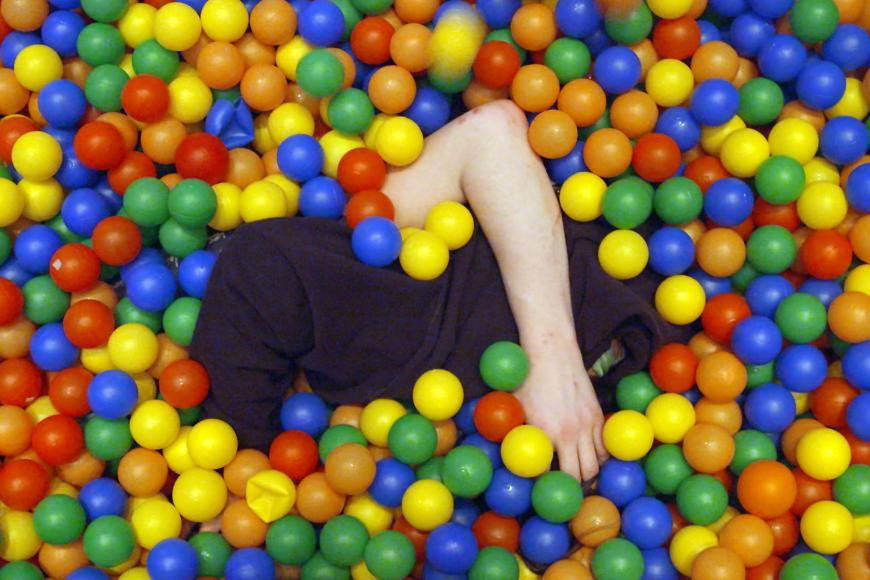
A creative dive into the CCC hackers’ philosophy, which is not to bemoan the growing digitisation of life but to seize the technology to improve our life.

A creative dive into the CCC hackers’ philosophy, which is not to bemoan the growing digitisation of life but to seize the technology to improve our life.
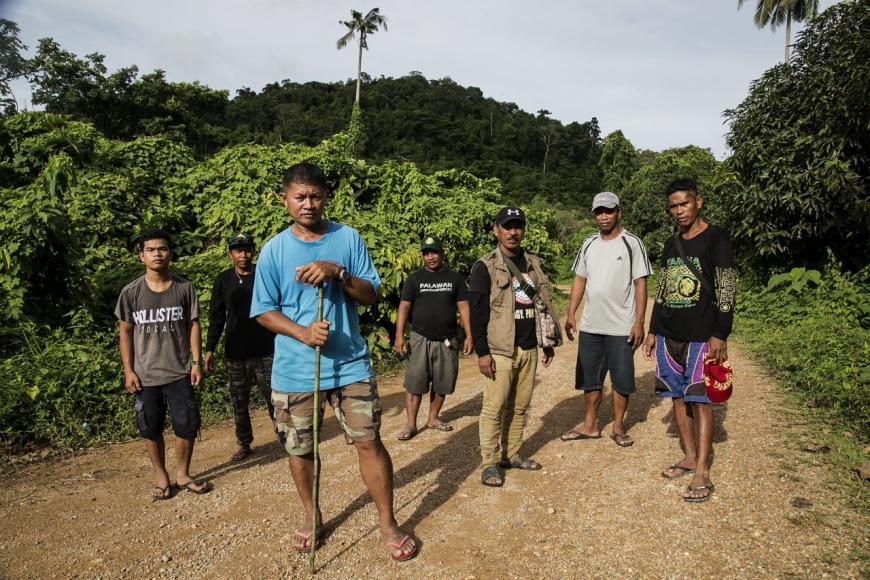
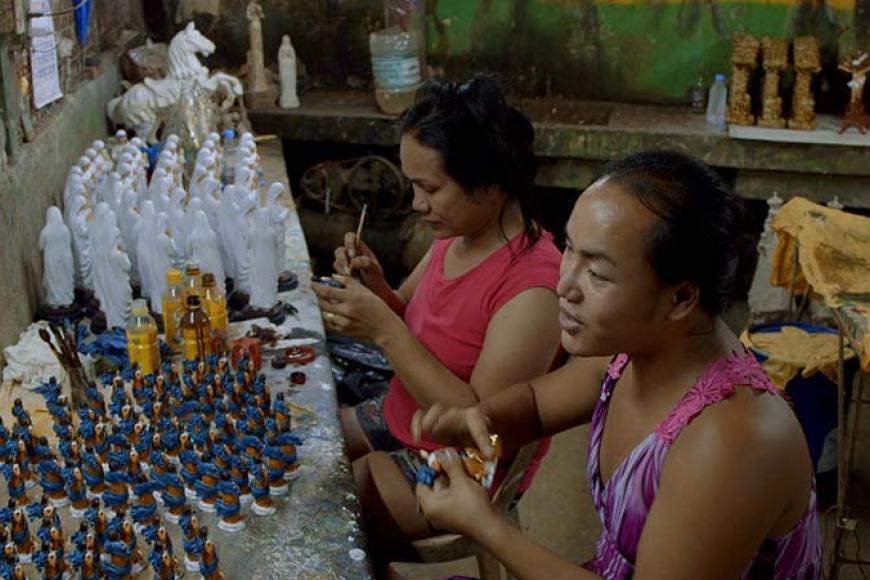
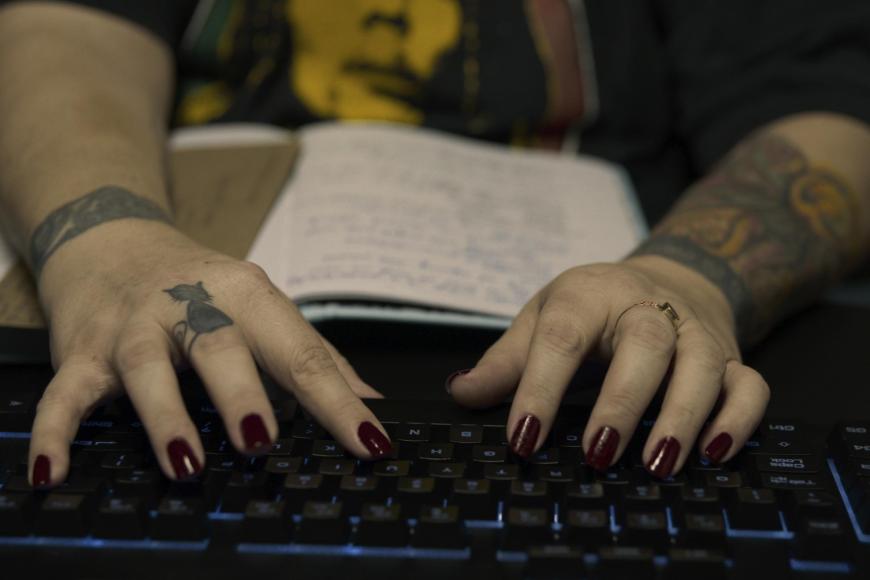
Karen Winther is ashamed when she remembers her past as a right wing extremist. But she is also curious: how was this possible? And how do others cope with the same radical ballast?
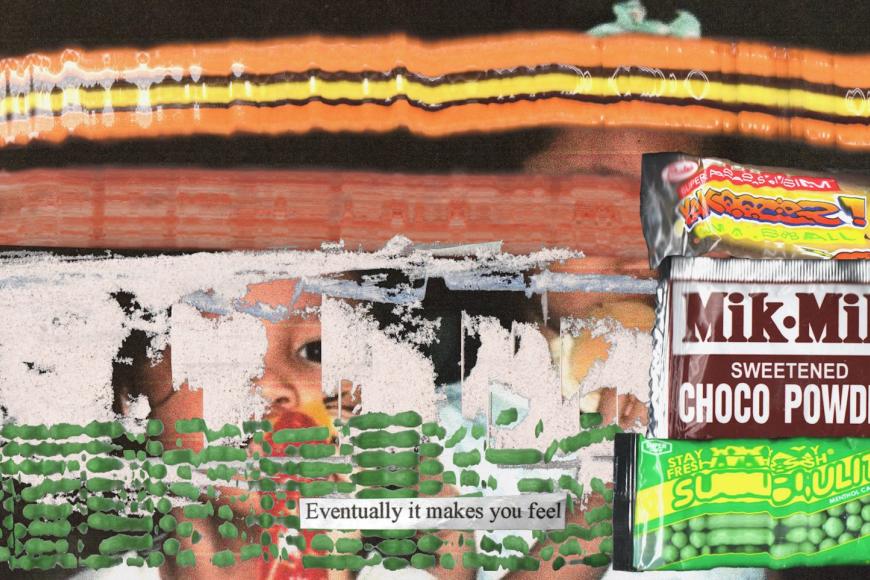
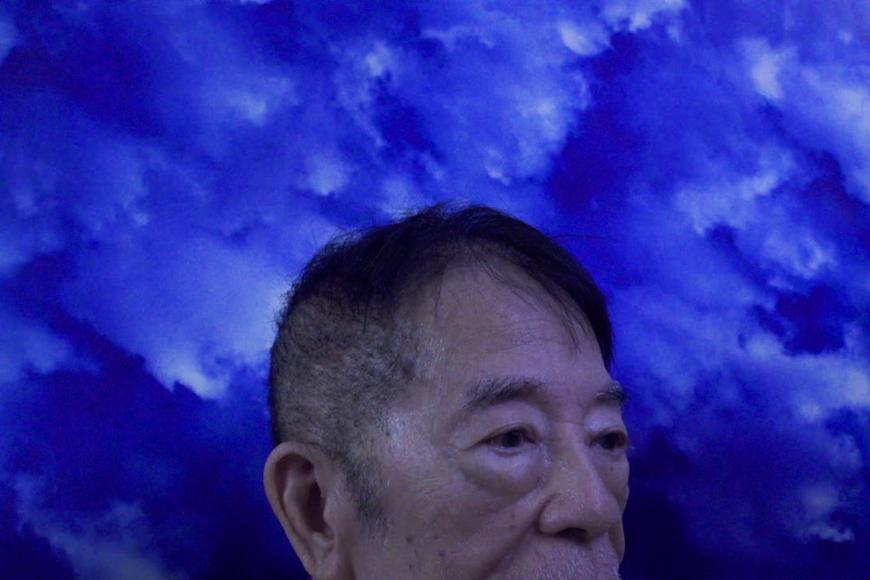

In a nightmarish film, five young war veterans from Pittsburgh talk about the permanent state of alarm they’re in after their return from Afghanistan.
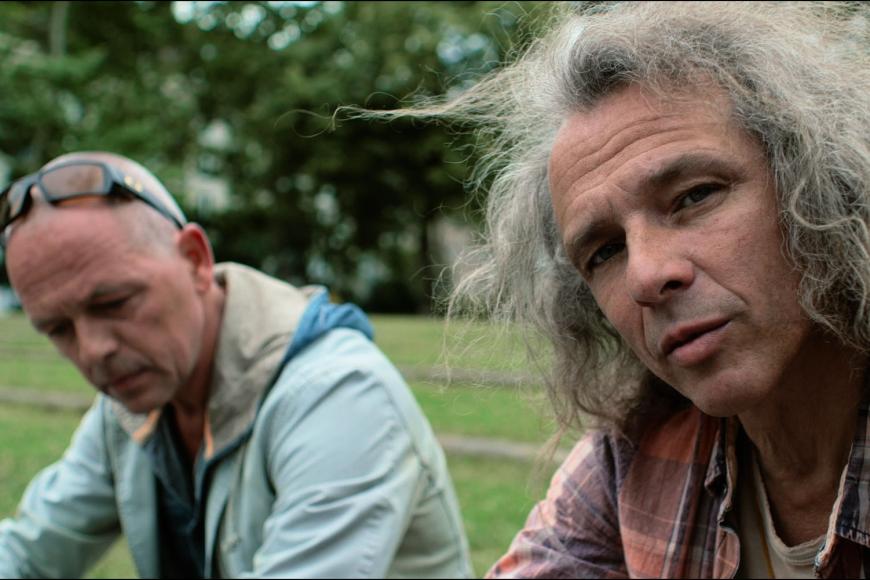
Punk in Weimar, two brothers and a betrayal, prison, departure and action art at the Berlin wall. GDR archaeology bursting with cheerful, noisy anarchy and lines that extend to the present day.
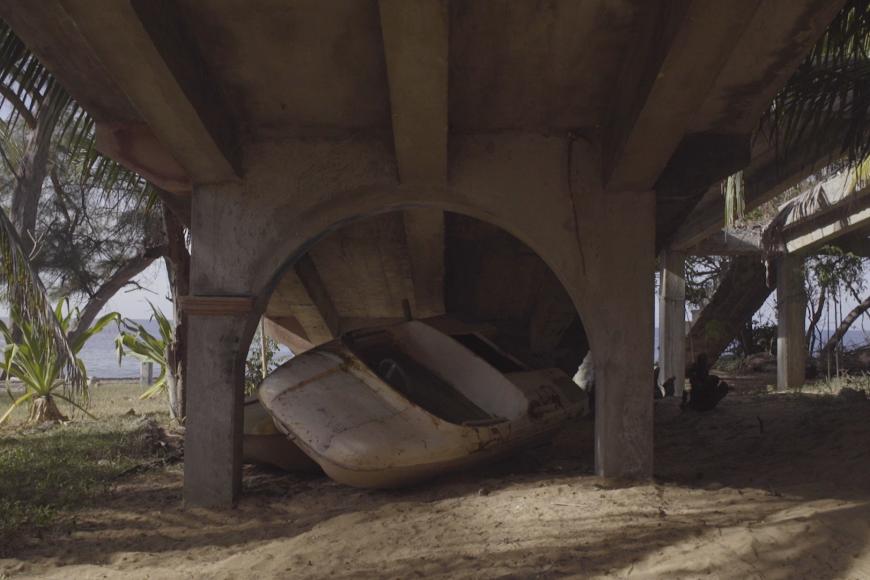

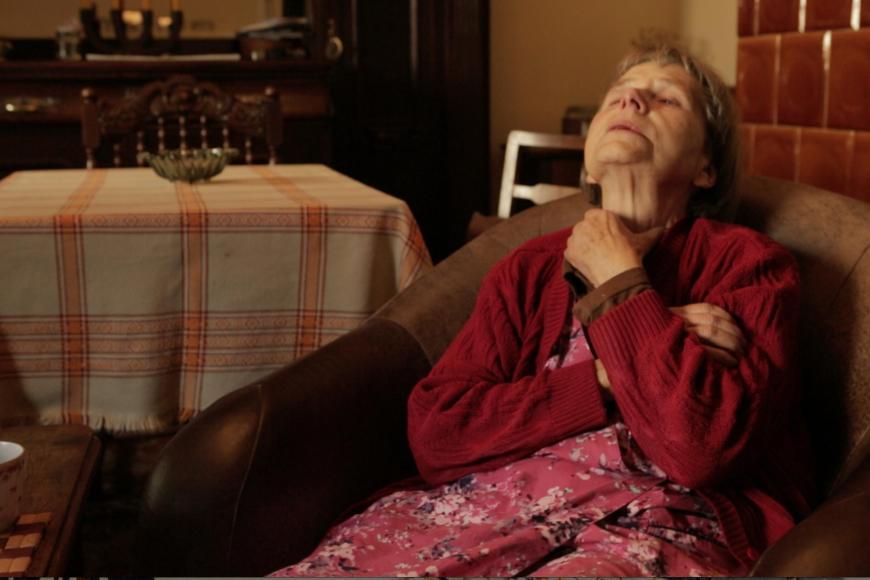
The Demmin mass suicide of spring 1945 is still a political issue. Right-wing extremists march just in time for the anniversary of the German surrender. A stock-taking on film.
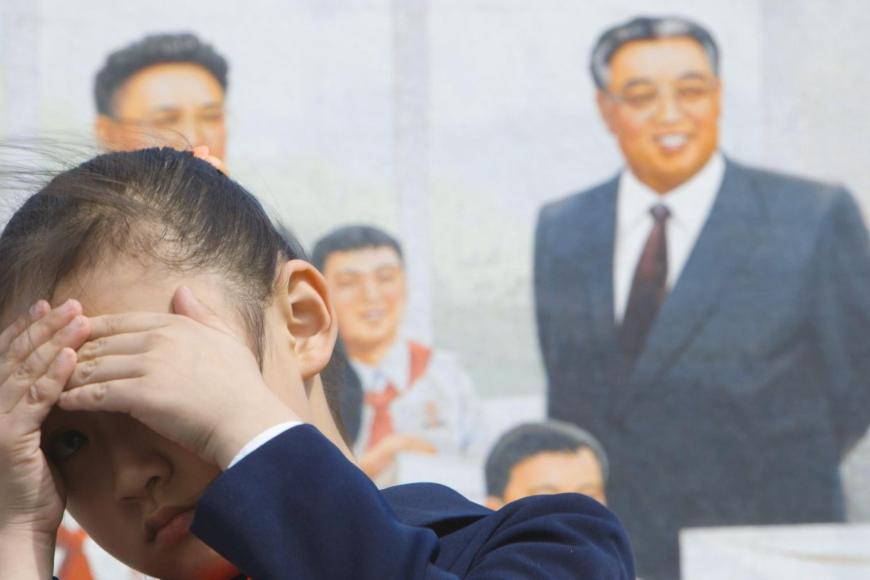
Everyday life in North Korea: pioneers, flag ceremonies, workers’ collectives, an abundance of food and always a song on people’s lips. Perfectly staged for the camera – absurd theatre full of great tragedy.
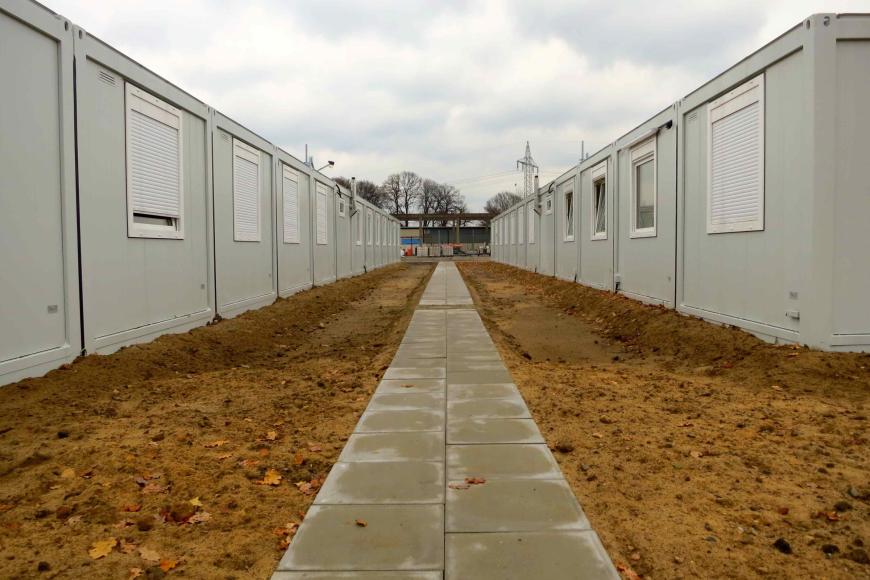
Two well-to-do northern German villages are to accommodate a group of asylum seekers. While some help the foreigners, others found citizens’ initiatives against them. A spooky provincial farce.